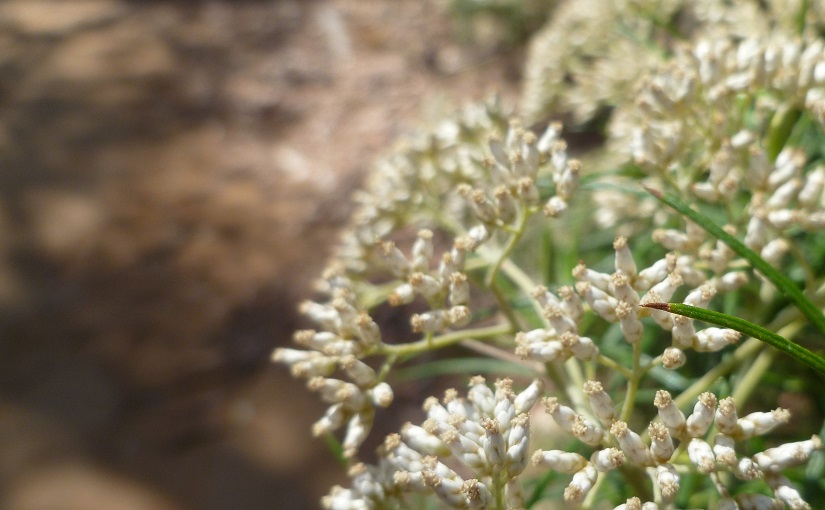What exactly does it “mean” to be human? Individually as much as collectively, what do our lifetimes entail and create? What “makes” us who we are, and what’s the right way to be going about it all? Massive questions, clearly: we’re all unique, self-aware creatures charting our own individual paths through life, forging relationships and leaving countless impacts in our wakes.
It just seems that we are what we are – the human psyche poured into the world that’s surrounding us. And we “need” that relationship to sustain us emotionally, socially, intellectually, creatively, economically. Human communities must serve so many essential functions; at the core of which, hopefully, is the balanced and appreciative individual (Notes One).
How much is that now the case, though? And why is it so many “parts” of society now seem intent upon undermining, unsettling and criticising us all? It’s almost like we’re turning on ourselves, tearing each other down for commercial or psychological advantage. But maybe I’m wrong to characterise it that way. Maybe it’s all designed to help us be the best we can – by pointing out all our problems.
Modern society just seems this environment of critical hostility, judgement and pressure to conform – our “worth” closely aligned with our ability to keep up financially. It seems we’re all under such scrutiny now, every sign of weakness or imperfection being an opportunity to diminish our confidence, cast people aside or insist on yet another consumer need (Notes Two).
Does the marketplace “need” to undermine self-worth in order to function? Effectively, it must lead to a scenario where large chunks of social activity are directed toward picking away at us all in the name of manufacturing demand. What is it to live in a world that makes you feel bad about yourself so it can offer to make you feel better?
Have human societies ever been set up this way before? Undermining psychological, social and emotional security for commercial gain. Setting us against one another in a never-ending quest for the next essential, self-defining item. Chipping away at limited material resources in the pursuit of what, exactly? How much can a society place in the balance before the whole thing risks crumbling into a neurotic, self-induced heap?
We might hope that something’s there to protect us – that the law, the state, or some overarching moral code would prevent our lives and general peace of mind from being deconstructed that way – but it’s not seeming to be the case (Notes Three). In reality, it seems organisations or individuals are quite free to feed off our very natural uncertainties; perhaps, even, to encourage or fabricate them.
Making people feel incomplete and dependent might be a wonderful economic model, but where does it leave us in terms of individual psychology and social stability? It seems to be a picture of us against the world, of a community feeding off its members’ vulnerabilities and legitimate human needs then justifying it by having converted them to money. Why live that way?
Notes and References:
Note 1: Human nature and community life
Note 1: Economy & Humanity
Note 1: Plato & “The Republic”
Note 2: What it is to be human
Note 2: The insatiable desire for more
Note 2: What’s not essential
Note 3: What would life be if we could trust?
Note 3: Overwhelm and resignation
Note 3: Life’s never been simpler…

